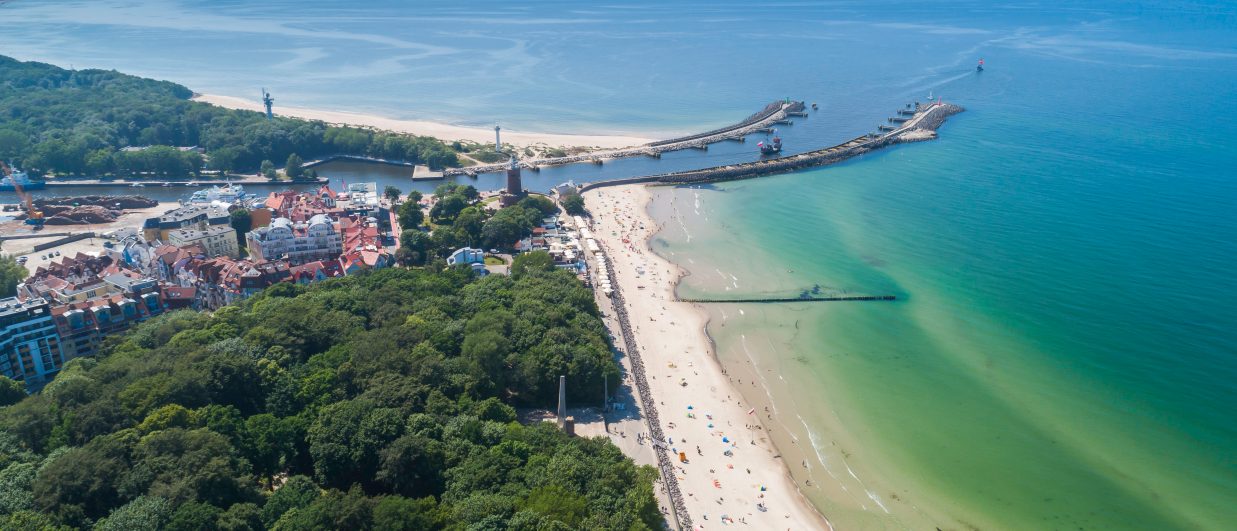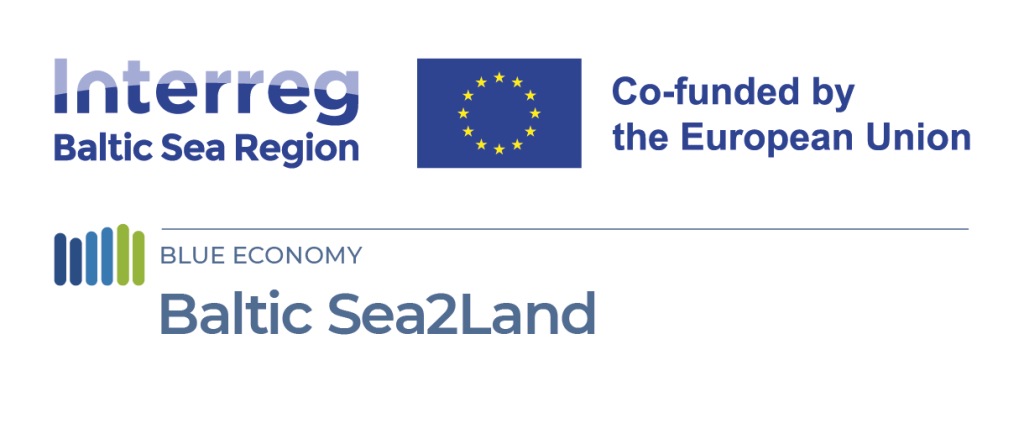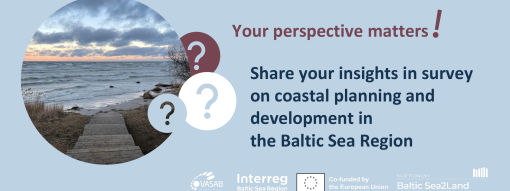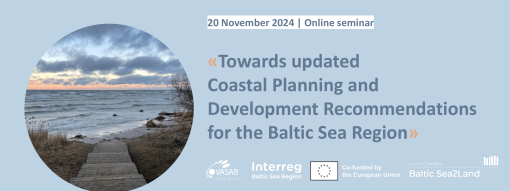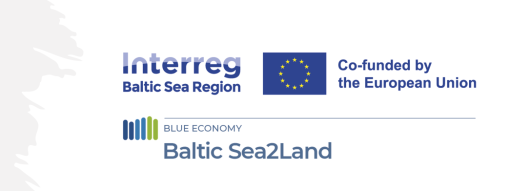Baltic Sea2Land
Fostering integrated governance for the joint sustainable use of human and natural capital in the near shore zone.
Baltic Sea2Land will create publicly accessible online guidance and spatial data platform – Sea2Land Navigator – which will enable the Multi-level Governance of coastal areas by supporting integrated planning, more effective collaboration among planners, competent authorities and stakeholders. Sea2Land Navigator will provide access to the best available knowledge and relevant spatial data sets essential for balancing interests of the sectors of sustainable blue economy, local communities and preservation of coastal ecosystems.
More information about the project: https://interreg-baltic.eu/project/balticsea2land/
Call: Interreg Baltic Sea Region
Project duration: 36 months
Start date: 1 January 2023
Estimated project cost: € 3,447,155.80
Lead partner:
Ministry of Environmental Protection and Regional Development of Latvia
Project Partners:
Saaremaa Municipality
Tallinn University
Regional Council of Southwest Finland
Baltic Environmental Forum, Germany
City of Fehmarn
HELCOM/ Baltic Marine Environment Protection Commission
Baltic Environmental Forum, Latvia
Kurzeme Planning Region
Association “Klaipeda Region”
Institute of Oceanology Polish Academy of Sciences
VASAB Secretariat
The Association of Sea Cities and Municipalities (Poland)
Associated organisations:
Regional Council of Lapland
Regional Council of Ostrobothnia
Regional Council of Kymenlaakso
Council of Oulu Region
Ministry of Environment of the Republic of Lithuania
Ministry of the Environment of Finland
VASAB Contacts
Margarita Vološina, Project Manager
Phone: +371 26480283
E-mail: margarita.volosina@vasab.org
Liene Strazdiņa, Communication Expert
Phone: +371 29703572
E-mail: liene.strazdina@vasab.org
Jana Patmalniece, Project Coordinator & Office Manager
Phone: +371 26221900
E-mail: jana.patmalniece@vasab.org
Project objectives:
(1) to balance the interests of the Sustainable Blue Economy sectors (e.g. tourism, energy, fisheries), nature conservation and local communities to support viable coastal development and the sustainable use of human and natural capital in the Baltic Sea Region and through the project solution
(2) to foster integrated governance via multi-dimensional collaborations between different management levels (from local to international), Sustainable Blue Economy sectors, local communities and other stakeholders.
Baltic Sea2Land mostly focuses on Sustainable Blue Economy related challenges which have to be reviewed in multiple planning scales – from conflicts between locals and tourists to common transnational Maritime Spatial Planning and terrestrial planning approach. The project perceives planning as a single multi-layered system. The project will improve planner skills and approaches to evaluating the effectiveness of policies and plans in the Baltic Sea Region. The project will be a significant step in advancing data harmonization in Baltic Sea Region and set an updated framework for Land-Sea Interactions for the whole region.
Main project output: Sea2Land Navigator
The Sea2Land Navigator to offer a guiding system for planners and decision-makers on the way to the Sustainable Blue Economy in the Baltic Sea Region through viable coastal development and sustainable use of natural and human capital. It will provide a solution for addressing the complexity of governance within Land-Sea Interactions caused by the variety of development interests, decision-making levels, requirements, as well as lack of coherent data structures.
The Sea2Land Navigator will be organized as an publicly accessible online guidance and spatial data platform. It will incorporate three main components:
1) A tailored Multi-Level Governance approach that provides a conceptual framework for integrated sustainable coastal development and supports taking into account Land-Sea Interactions in Maritime Spatial Planning;
2) Customized spatial data infrastructure for integrated planning at all levels linked with HELCOM BASEMAPS infrastructure;
3) Knowledge Hub containing a set of templates, check-lists, guidance, relevant scientific articles and publications, project based reports and deliverables, links to good practices.
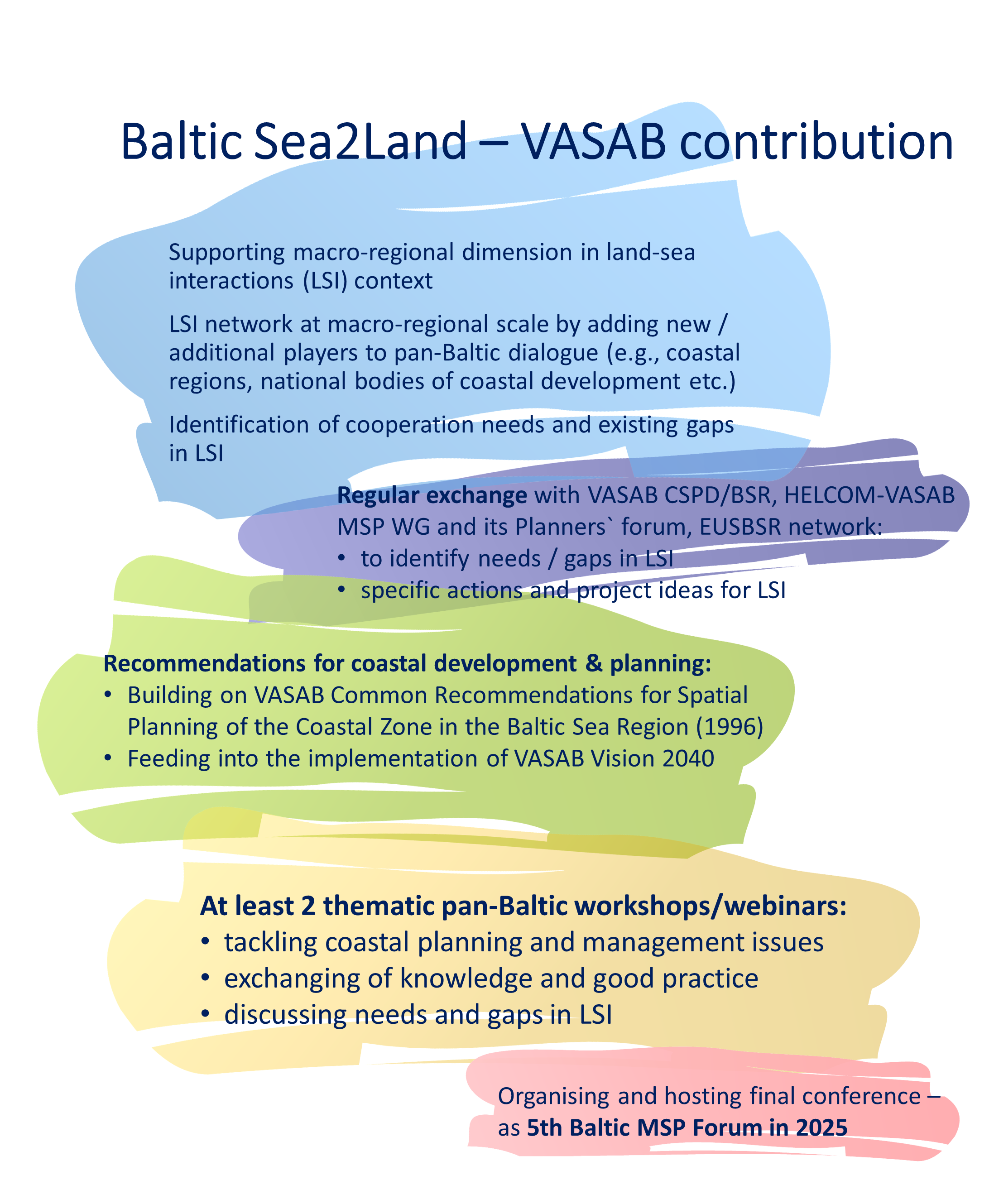
Project is financed with the contribution of the Interreg Baltic Sea Region
